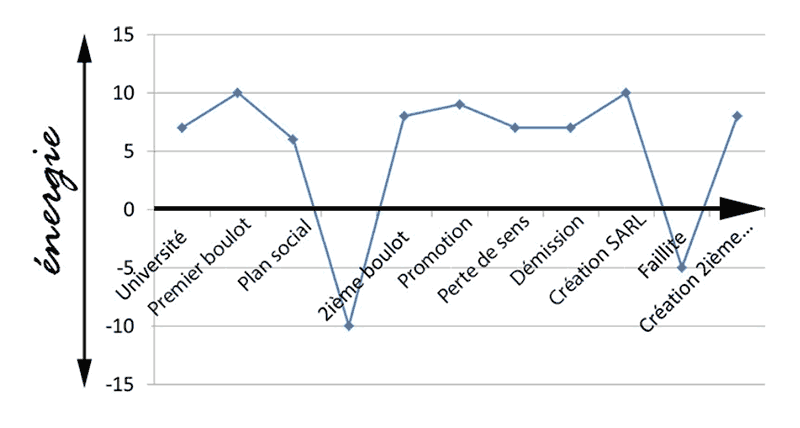Fish oil would increase the levels of certain anti-inflammatory molecules having a positive effect on white blood cells and inflammation of blood vessels.

Fish oil has been getting good press lately. Recently, researchers notably demonstrated that an enriched fish oil supplement increased the blood levels of certain anti-inflammatory molecules called MPS. However, the relationship between supplement intake and circulating levels of MPS remained unclear. Today, in a study published on December 12 in the journal Traffic Research, researchers have found that MPS have a powerful effect on white blood cells and blood vessel inflammation.
Researchers from the William Harvey Research Institute at Queen Mary University of London (UK) tested the effect of an enriched fish oil supplement in 22 volunteers aged 19 to 37. They gave three doses of fortified fish oil supplements to some and a placebo to others. They then took blood samples from the participants, five times over 24 hours.
The researchers found that the fortified fish oil supplement increased blood levels of MPS. They also noticed that supplementation led to a dose-dependent increase in immune cell attacks on bacteria and a decrease in cellular activity that promotes blood clotting. Finally, these molecules play a role in tissue regeneration, they note.
A beneficial effect on white blood cells
“We used the molecules as biomarkers to show how omega-3 fatty acids are used by our bodies and to determine whether production of these molecules has a beneficial effect on white blood cells,” says Jesmond Dalli, professor of molecular pharmacology at the William Harvey Institute and lead author of the study.
Inflammation is an immune system defense response essential to health. It can be triggered by damaged cells, toxins or pathogens like bacteria. Some of the immune cells active during inflammation can also damage tissue. Once the threat has passed, the inflammation must therefore disappear to allow healing. On the other hand, if it persists and becomes chronic, it can have very harmful effects on health. For example, several studies have shown a link between inflammation and heart disease.
Now, although researchers still don’t know whether MPS reduces cardiovascular disease, it “overloads macrophages, specialized cells that destroy bacteria and shed dead cells” and make “platelets less sticky, potentially reducing blood clot formation.” ”, assures the study.
“Each person will need a specific dose”
Based on these findings, scientists would like to conduct further studies to see if people over 45 could get the same benefits from fortified fish oil supplements as seen in younger people. Because, compared to healthy patients, those with chronic inflammation have lower levels of MPS. It will also be a question of verifying that the body breaks down the supplements into protective molecules.
“We are still far from having the magic formula. Each person will need a specific formulation or at least a specific dose, and this is something we need to learn more about,” Dalli concludes.
Beware of Unregulated Supplements
So, it is all the same to be careful. Recently, the American Heart Association (AHA) released a scientific advisory warning consumers against unregulated omega-3 supplements.
In France, ANSES note: “Omega 3 fatty acids are necessary for the development and functioning of the retina, brain and nervous system. Sufficient intakes of omega 3 are therefore essential in women of childbearing age, in pregnant women, in breastfeeding women and in children. In the cardiovascular field, scientific data also shows that the consumption of omega 3 fatty acids promotes: a reduction in blood pressure in people with arterial hypertension; a decrease in the amount of triglycerides in the blood, a type of lipid which, in excess, contributes to the development of heart disease; in people with prior cardiovascular pathologies, a reduction in cardiovascular morbidity and mortality”. However, the agency points out that to avoid cardiovascular disease, it is above all necessary to have a diversified and balanced diet and to practice regular physical activity.
You will mainly find omega-3s in nuts, rapeseed oil, soybeans, flaxseed and in fatty fish such as salmon, tuna, mackerel, herring, sardines or even anchovies.
.
















